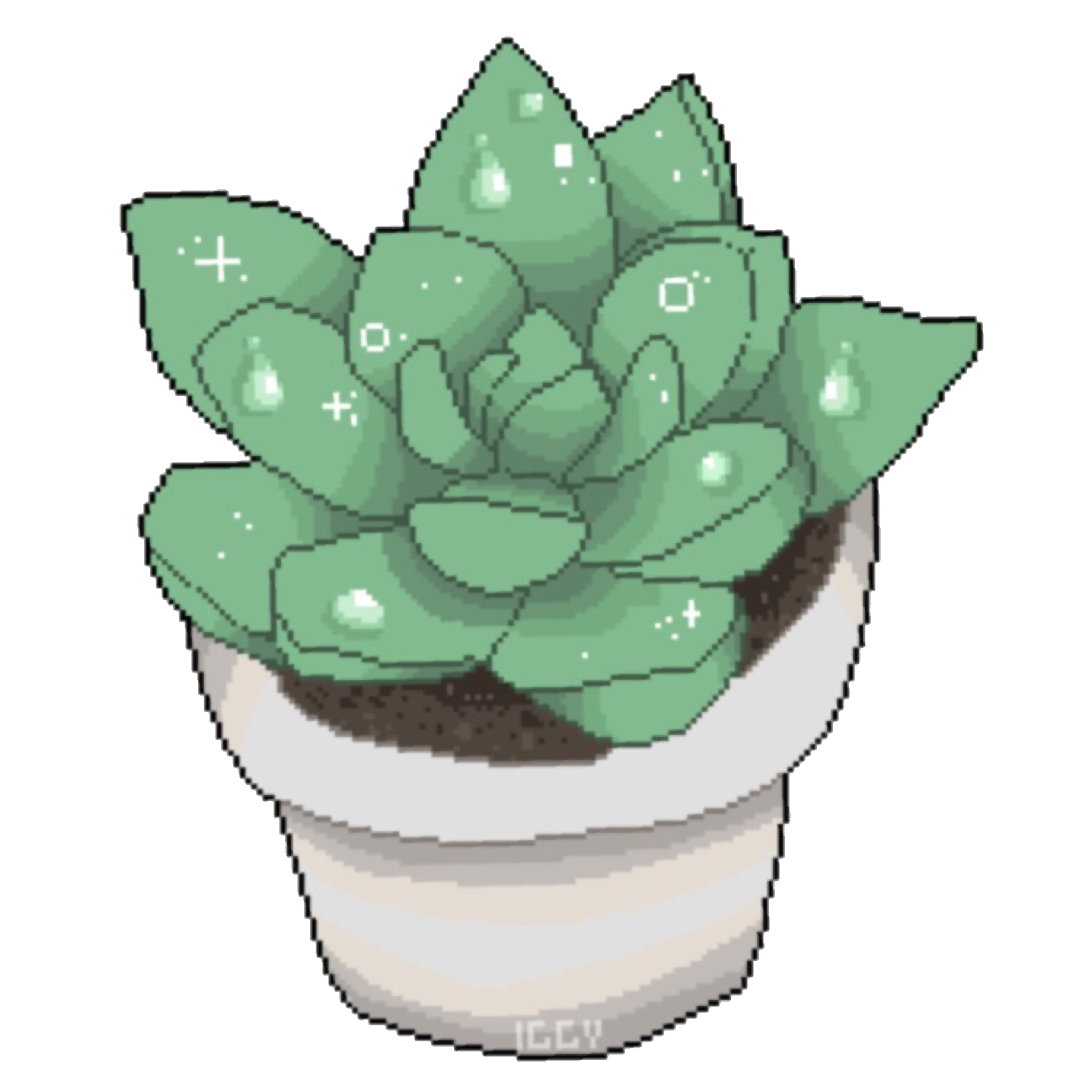I just noticed this, what should I do? Sorry for the vague question but I can’t find any good articles on what this is.
Everything I find starts the same way “top 8 reasons for brown leaves”. Then says too much water, not enough water, too much light not enough light too much fertilizer not enough, wrong kind of fertilizer and so on and so on. That isn’t helpful! Do I just have to guess? Why is all plant knowledge basically voodoo?
I’m tempted to take a cutting so I have a spare to try again if it all goes wrong, but the plant only has 5 leaves, so I’m stressing out.
Please do not cut off the leaf. Removing a leaf before it is completely brown inhibits it’s growth. Plants relocate mobile nutrients from older/dying leaves to newer ones. Be patient and let the plant do its thing.
Browning in the middle of the variegation is usually due to a drastic change in light. This causes what is essentially a sunburn.
A few tricks from way to many decades growing them. They like direct morning or evening sunlight for 3-4 hours. Watering - completely saturated the pot then allow it to dry out (I water mine only once a month or two). Fertilizer - they do best with a fertilizer with a 3:1:2 NPK ratio. You can give them a bit extra K when they are putting out a new leaf.
Do not move the plant if possible. Rotating them is a great way to mess them up and get sunburn.
Thank you so much. I wasn’t going to remove the brown leaf, but some healthier ones higher up. I’ll hold off doing that as well though.
I think it must be too much light then, in which case I know where its new home will be for 3-4 hours light. I have to move the plant tomorrow, as there is some decorating taking place.
All other things you say seem to be in order.
With a smaller plant you definitely do not want to remove heathy leaves. In general never remove more than 10% of the leaf area at any one time. If the newer leaves are smaller then the spot you have it is definitely too dark.
And to answer your original question, “Why is plant knowledge voodoo?”.
There literally hundreds of thousands of plant species. Each of those species is adapted to different environmental conditions. The requirements the species need are further modified by its interactions with micro-orgsnisms. So the answer to most questions about growing them requires an significant depth of theoretical and practical knowledge on the subject.
A large portion of humans quickly revert to mythology when any topic becomes slightly complicated.
Update on this. There are 3 out of 7 leaves with this sunburn now. I really think the plant is going to die, so I was going to gamble on taking a cutting from the healthy part and letting the rest die.
I really appreciate your help so far. Do you still think the plant will recover if I leave it alone? I’m really disappointed in myself for doing this, the stress of moving during decorating must have been the cause.
The plant will adapt in time. Monsteras are tough but a bit dramatic at times.
I forgot mine outside when I lived in an area that seldom frosted. It frosted hard (22F). I thought I had lost it. It came back from one little piece of stem.
Just call it the diva it is and let it grow out of it.
Thanks. I’ll leave it alone and give you an update when I know one way or the other. I really hope it settles back to its best self.
Hi, quick question about the light and fertilizer: Is that all year round? I recently got a Monstera and on the QR Code it came with, it said to not use fertiliser in Winter or Summer, only in Spring
If it’s putting out new leaves it’s using fertilizer to grow. It doesn’t matter what time of year it is. If it’s indoors, seasons don’t really matter except for light levels. When to fertilize also depends on the type of fertilizer and the needs of the plant. In general it’s best to use slow release fertilizer (less chance of over doing it). The best time for that is the spring but 2 doses might be needed. If using liquid, a 1/4-1/8th dose amount with every watering is better.
Monsteras are very dramatic when they run out of nitrogen. They turn a bottom leave bright yellow in a day or two. If you catch it early enough and give them some fertilizer you can save th leaf.
As for light, 3-4 hours in the spring or fall. In nature monsteras are tree climbers. In low light conditions they grow toward the darker patches hoping to find a tree trunk. Then they climb up until they get enough light then produce giant leaves and fruit.
Get a bidet
I don’t know much to be useful in id-ing on sight, but can you describe the conditions it’s been in? Is the soil well-draining? How long does it take for the top inch of soil to appear dried out, and how often are you watering? Did you repot it recently, and/or is the pot the right size (just a bit bigger than the roots)? How often are you using fertilizer? Is it getting any direct light? How many direct and indirect light hours total do you think? Is it autumn where you are and it’s adjusting to less light, or vice versa?
Not thar knowledgeable myself, hopefully someone else can help!
Get a magnifier, look on the underside of the leaves for very small cigar shaped insects. If you see any, they are thrips and you are in for a headache. Get a bottle of Captain Jacks Dead Bug Brew or a spray with spinosad. Spray the affected plant and any other nearby or other soft leaved plants once a week for 6 weeks. That’s what it takes to get the adults as well as the larvae that hatch out from eggs in the leaves. Thrips fly so treat as many plants as is practical. For larger collections you can release beneficial mites which eat thrips.
I hope it’s not thrips.



